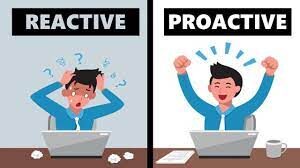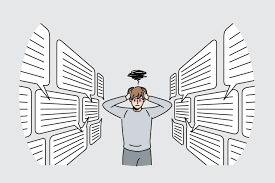 February 2024
February 2024
Reactive communications with building residents are common. Someone smoking on the balcony results in an e-mail going out to everyone reminding them that smoking is prohibited. Dogs make a mess, another e-mail. Cars improperly parked; yet another e-mail. The trash chute is blocked by an improperly disposed of box or Christmas tree. Right … another e-mail. Do any of these e-mail blasts work at resolving any problems? Unlikely. Problems recur and e-mail messages get resent.
So why does this same failed and time-consuming process get repeated when we know it doesn’t work?
Messages are sent, and resent, simply by habit. There are notices for alarm and generator testing, unit maintenance, garage cleaning, carpet cleaning, elevator testing and so much more. Focus is on getting a message out quickly without thinking much about it.
This is reactive communications. Wait for a problem to occur and send or post a message. There is no thought toward repeatedly revisiting the same task or problem because of poor communication.
Good communication is hard to find because so many fail to think ahead. Instead of planning or reacting to problems, it is faster and easier to shoot out or post a message. With fewer than half of all e-mail messages – perhaps less than ten percent – being opened and read, and perhaps even fewer paying attention to posted messages, this is a failed strategy guaranteeing future resources are expended while failing to address ongoing problems.
Doing things right the first time means management receives fewer questions and inquiries, and fewer problems to address. Residents notice that problems are getting resolved faster and have fewer complaints. Fewer messages are posted or sent. Everybody is happier.
Management should not wait for problems or complaints to come to them. Develop a communication strategy to educate building residents before problems arise. Take the time to create messages that stand out and will be read. This takes time and effort. You will notice a reduction in trash chute blockages, smoking on balconies, loud noise and pet complaints. When residents are educated on how and why to reduce water and electricity use with energy saving tips, savings add up quickly and are substantial. Maintenance and repair costs are reduced.
 Communities with an effective communication strategy are happier, safer, more secure and save money. Management spends less time dealing with resident concerns and more on improvements to community living.
Communities with an effective communication strategy are happier, safer, more secure and save money. Management spends less time dealing with resident concerns and more on improvements to community living.







